• Was the modern Greek state that emerged after the revolution of 1821, the fruit of a successful national revolution?
• Who were the real pioneers of the national neo-Greek idea, crucially coordinated with the most advanced ideological currents of the time?
• Did all the famous heroes of the national revolution and the popular classes of the struggle share the same revolutionary ideals and the same goals for the establishment of the independent national state?
• Why did the Greek revolution of 1821 not highlight a universally accepted national leadership, capable of leading the national struggle to the final vindication of a truly independent national state?
• Why did the European enlightenment that nurtured the revolutionary idea not find its national continuity in the society of the post-revolutionary state, but gave way to an expansive national idealism that was wrecked in the waters of the Ionia in 1922?
• What deeper historical reasons and national anxieties fueled the conflict of Kathareusianism and municipalism that marked modern Greek society until, almost, the post-colonial period?
• How is the integration of Greece in the European Union, as it was done after the transition of 1974, related to the initiatives of national rebirth and independence that inspired the revolution of 1821?
These and many more questions that arise through a cool and more careful reading of the Greek revolution of 1821, are explored in this historical study of Panagiotis Gennimatas, a multifaceted contemporary intellectual who seeks to promote a stronger national self-confidence, in view of the storms that the 21st century.

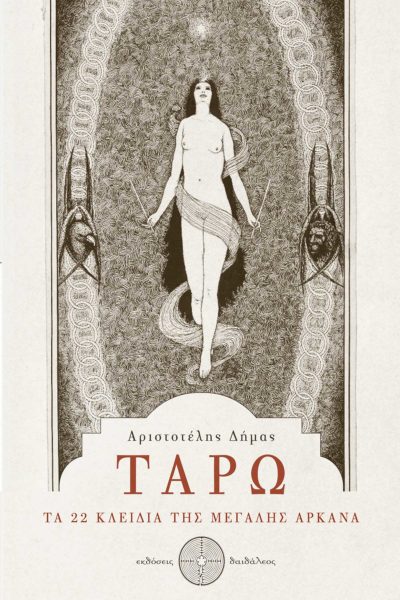

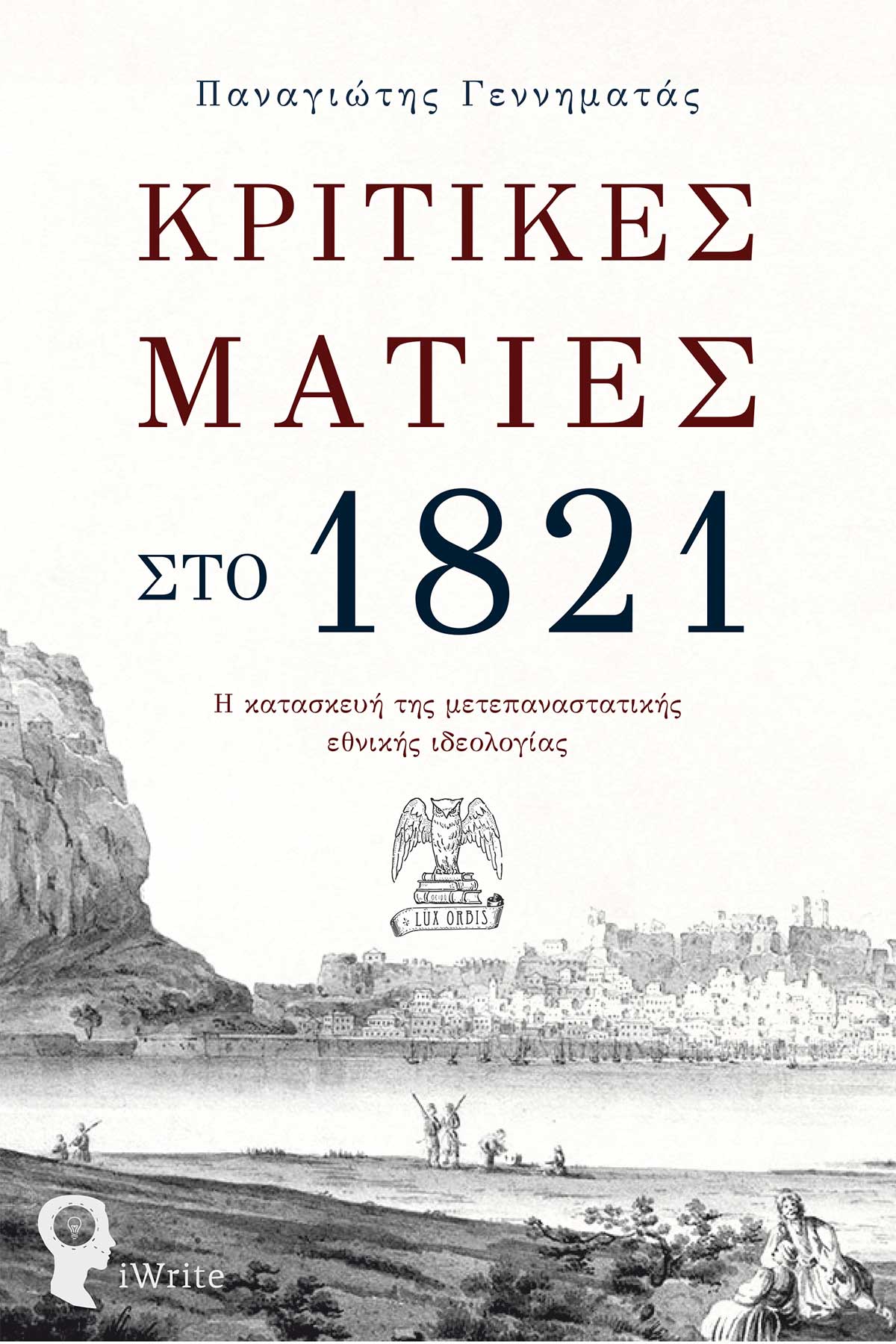
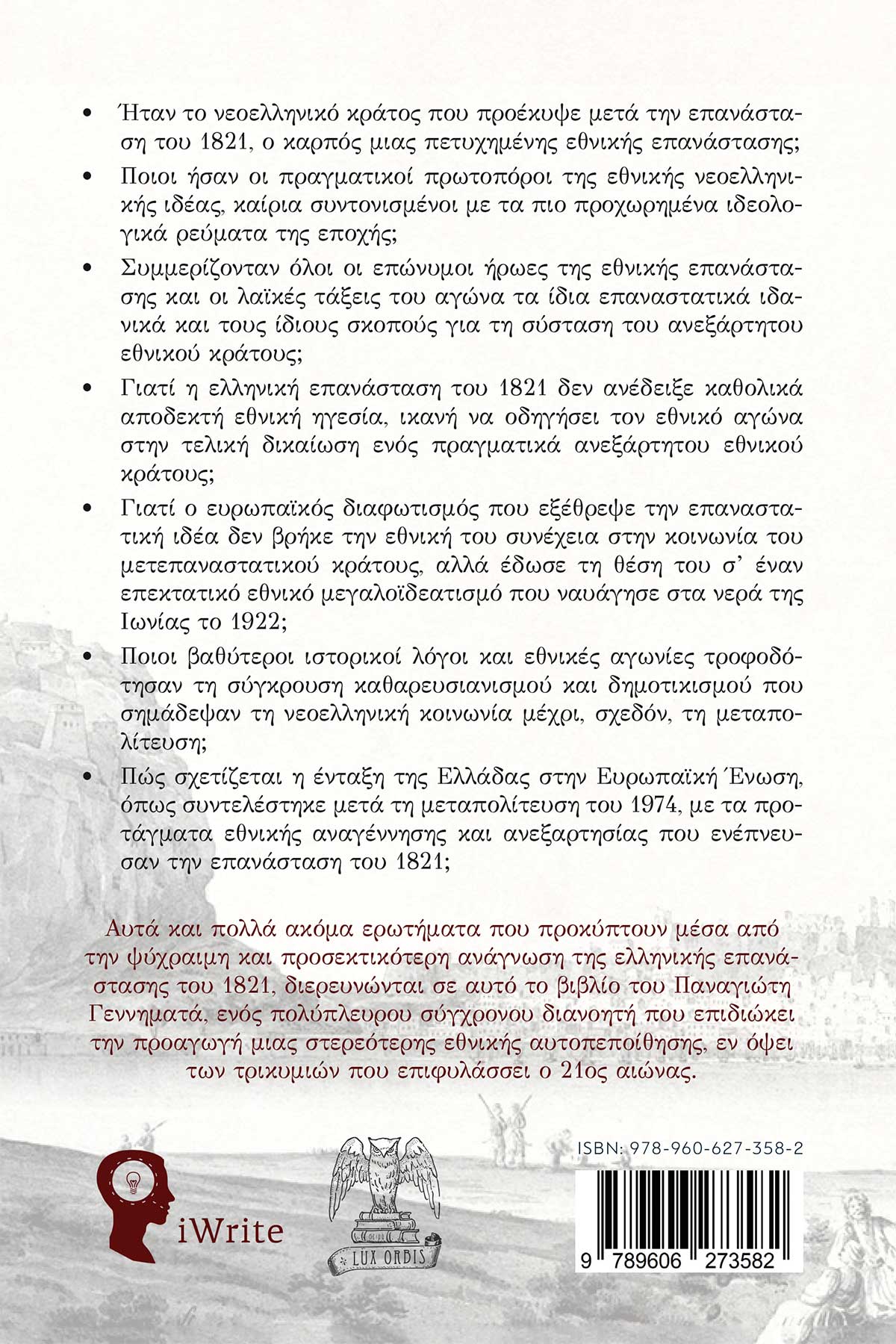


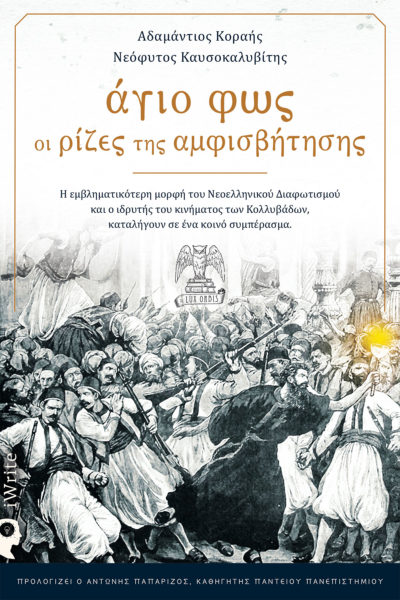

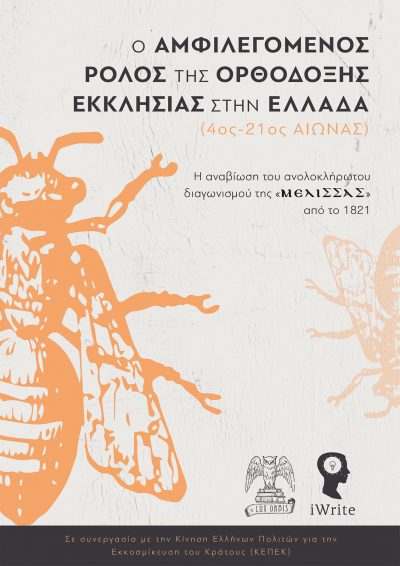
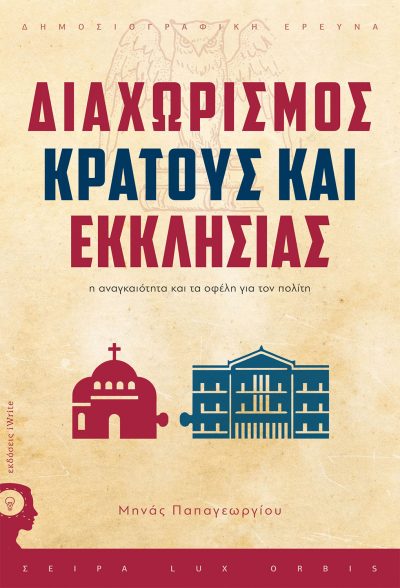
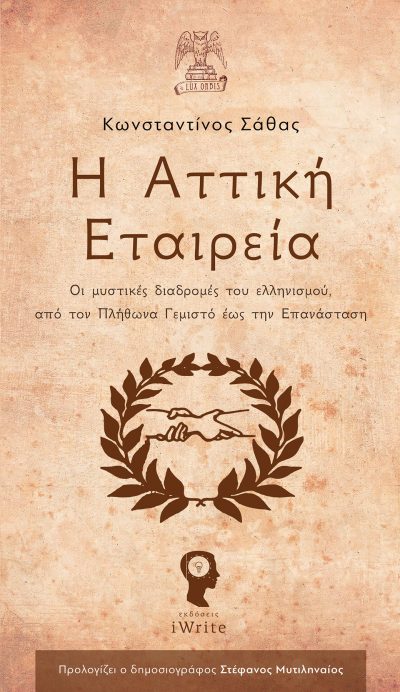

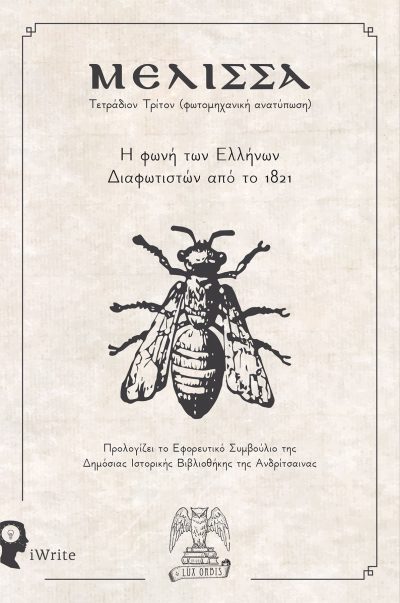
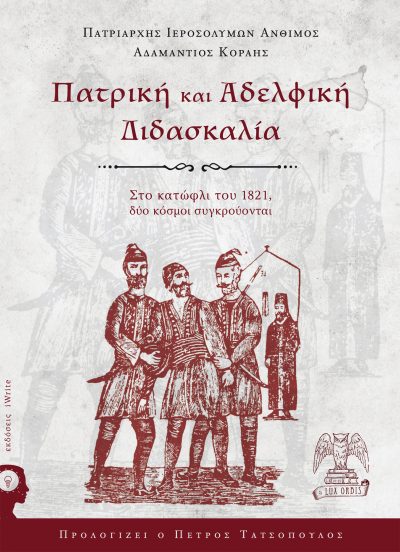
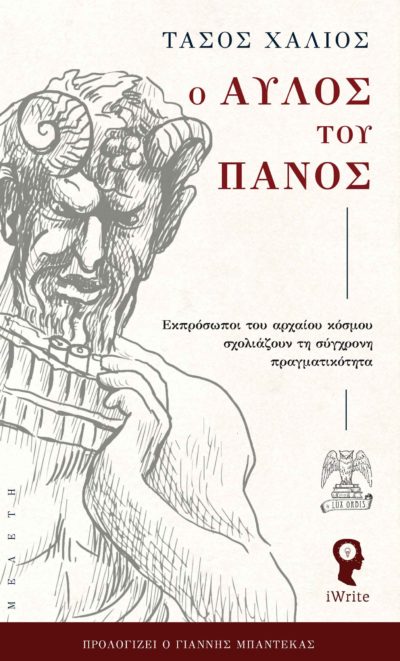
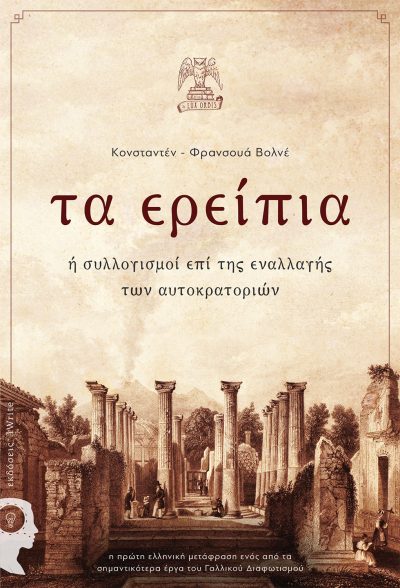
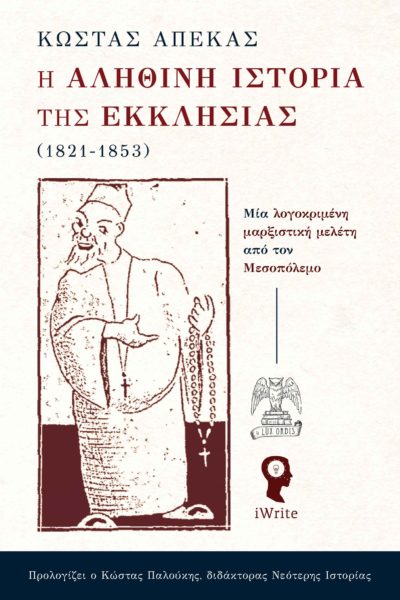
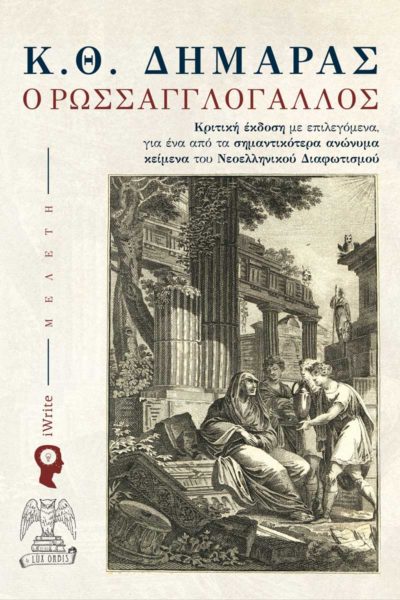

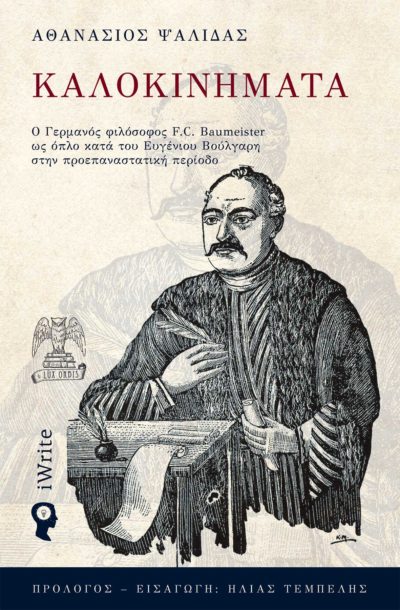
reviews
There is no review yet.